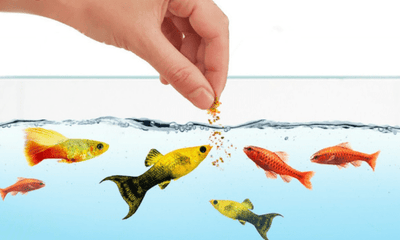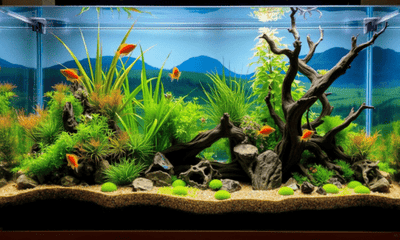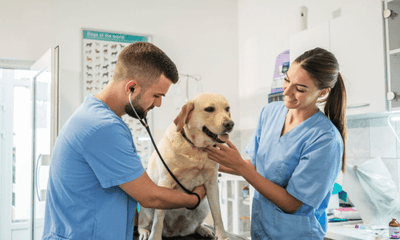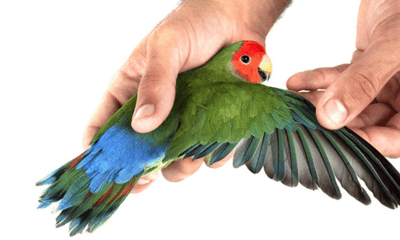Creating a beautiful garden doesn’t have to come at the expense of your pet’s safety. Dogs and cats are naturally curious and often explore with their mouths, making it essential to consider what plants, mulch, and garden products you use. At Woonona Petfoods, we know how important it is to provide a safe, enriching outdoor space that your pet can enjoy without the risk of toxic exposure. Whether you’re starting a backyard project or just updating your mulch, this guide will help you make pet-friendly gardening choices.
Why Garden Safety Matters for Pets
Many common garden plants, fertilisers, and mulches can be toxic to pets if ingested. Some cause mild irritation, while others can lead to serious health problems such as vomiting, seizures, or liver failure. Dogs may dig, chew or eat mulch, while cats might nibble on leaves or flowers. Taking the time to ensure your garden is pet-safe can prevent unnecessary vet visits and give you peace of mind.
Pet-Safe Plants to Grow in Your Garden
Fortunately, there are plenty of plants that are both beautiful and safe for pets. Choosing non-toxic species ensures your furry friends can safely explore the garden without risk.
Some of the most popular pet-safe plants include snapdragons, sunflowers, camellias, marigolds, pansies, and rosemary. These not only brighten up your space but are also non-toxic to both dogs and cats. Herbs like basil, thyme, and parsley are also great options and can be grown in pots or garden beds. They’re safe for pets and can double as tasty additions to your cooking.
If you love greenery, consider pet-safe grasses such as lemongrass or wheatgrass, which add texture to your garden while being safe for curious pets. Cats, in particular, enjoy nibbling on cat grass, which aids digestion and offers valuable enrichment. A great option is Mr Fothergill’s Cat Grass, which is quick and easy to grow, particularly beneficial for indoor cats, and helps support healthy digestion. You can sow it all year round and plant in succession for a steady supply of fresh greens your cat will love.
Plants to Avoid in a Pet-Friendly Garden
While many plants are harmless, some are highly toxic and should be avoided in pet-friendly gardens. Lilies are especially dangerous to cats, even a small amount can lead to kidney failure. Other toxic plants include azaleas, oleander, foxglove, sago palms, and cycads. Aloe vera, while beneficial to humans, can cause vomiting and diarrhoea in pets if consumed.
Before planting anything new, it’s a good idea to cross-reference it with a reputable pet toxicity list or consult your vet. Being cautious with plant choices can save your pet from serious health issues.
Choosing the Right Mulch: What’s Safe for Pets?
Mulch is a great way to retain moisture in your garden and keep weeds at bay, but not all mulch is safe for pets. One type to avoid at all costs is cocoa mulch. Made from cocoa shells, it contains theobromine, the same compound that makes chocolate toxic to dogs. Cocoa mulch has a tempting scent for dogs and can be fatal if ingested.
For a safer alternative, opt for untreated pine, cedar, or cypress mulch, which are less likely to cause harm if accidentally ingested by pets. At Woonona Petfoods, we stock a variety of natural, pet-safe mulch options that are free from added dyes, chemicals, and fertilisers. Martins Pea Straw Mulch is a nutrient-rich option ideal for vegetables and flower beds. It is not only pet-safe but also breaks down slowly, enriching the soil as it decomposes. Other popular choices include Martins Organic Sugar Cane Mulch, made from 100% sugar cane leaves and perfect for moisture retention and weed control; and Martins Eucalyptus Mulch, a fine-textured, golden-brown mulch that enhances soil quality while helping to suppress weeds.
Natural Lawn and Garden Care Without Harmful Chemicals
We all want a lush lawn and healthy garden beds, but chemical treatments such as fertilisers, pesticides, and herbicides can be hazardous to pets. Many of these products contain ingredients like iron, organophosphates, or glyphosates that can cause poisoning if licked off paws or fur.
To avoid these risks, use organic or pet-safe lawn care products. Look for fertilisers made from seaweed, fish emulsion, or composted manure. When using any product, even those labelled ‘natural’, always follow the directions and allow it to dry completely before letting pets back into the area.
At Woonona Petfoods, we can point you towards safer soil enhancers and pet-friendly lawn treatments that promote plant health without endangering your animals.
Backyard Features That Enhance Pet Safety and Enjoyment
Beyond plants and mulch, consider adding features to your garden that enhance safety and engagement for your pet. Secure fencing is a must to prevent escapes and keep your pets away from hazards outside the yard. Shaded areas using trees, shrubs, or pet-friendly outdoor shelters can help your pets stay cool during hot weather.
Consider creating a designated digging zone filled with soft soil or sand, especially for dogs that like to dig. Including enrichment elements like scent trails, tunnels, or agility features encourages physical activity and mental stimulation. Always provide access to fresh water when your pets are outside, particularly on warm days.
What to Do if You Suspect Plant or Mulch Poisoning
If your pet shows signs of illness such as vomiting, diarrhoea, drooling, weakness, or tremors after being in the garden, seek veterinary attention immediately. Try to identify what they may have eaten and bring a sample or photo to the vet if possible. Quick action can be the difference between a mild reaction and a serious emergency.
Creating a pet-friendly garden is about more than just choosing pretty plants, it's about designing a space where your pets can thrive safely. By selecting non-toxic plants, safe mulch, and avoiding chemical treatments, you’ll not only protect your pets from harm but also create a more sustainable garden for your family to enjoy. Whether you're refreshing a small courtyard or building a backyard paradise, we’re here to help every step of the way.






